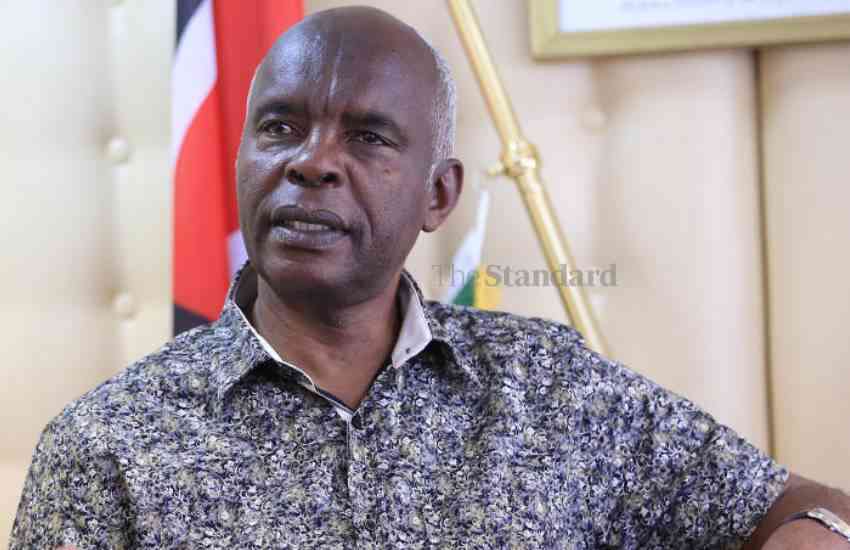
Soft-spoken former Makueni Governor Kivutha Kibwana, 68, was a regular face during the long decade when pro-reformists were in the trenches against the regime of Kenya's second president Daniel arap Moi.
He has published numerous books and studies on Kenya's fledgling attempt to rekindle constitutional democracy. He and other prominent reformists established numerous lobbies to agitate for democracy. Then he became an MP and had a short-lived stint as Cabinet Minister in Kenya's third administration under former president Mwai Kibaki.